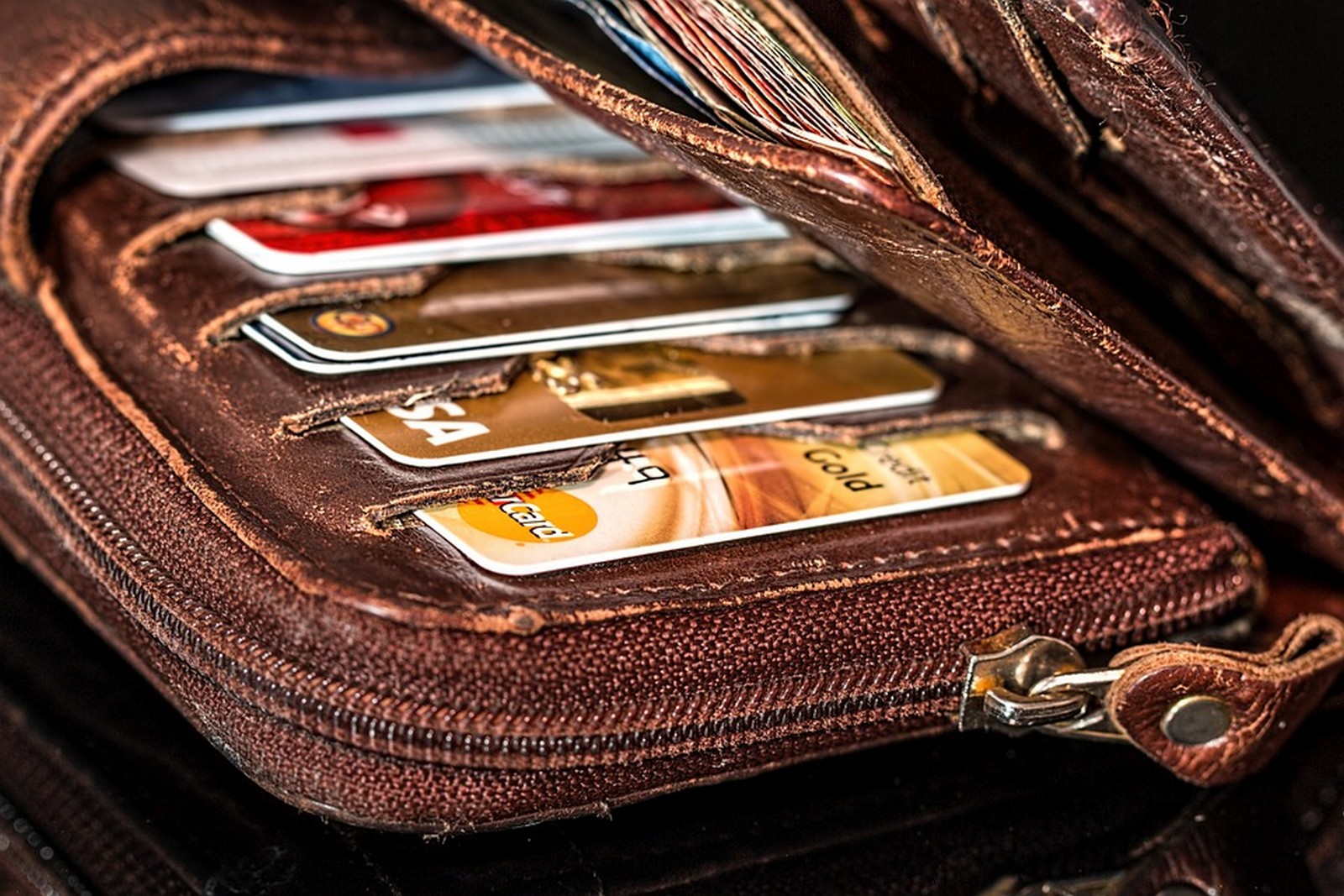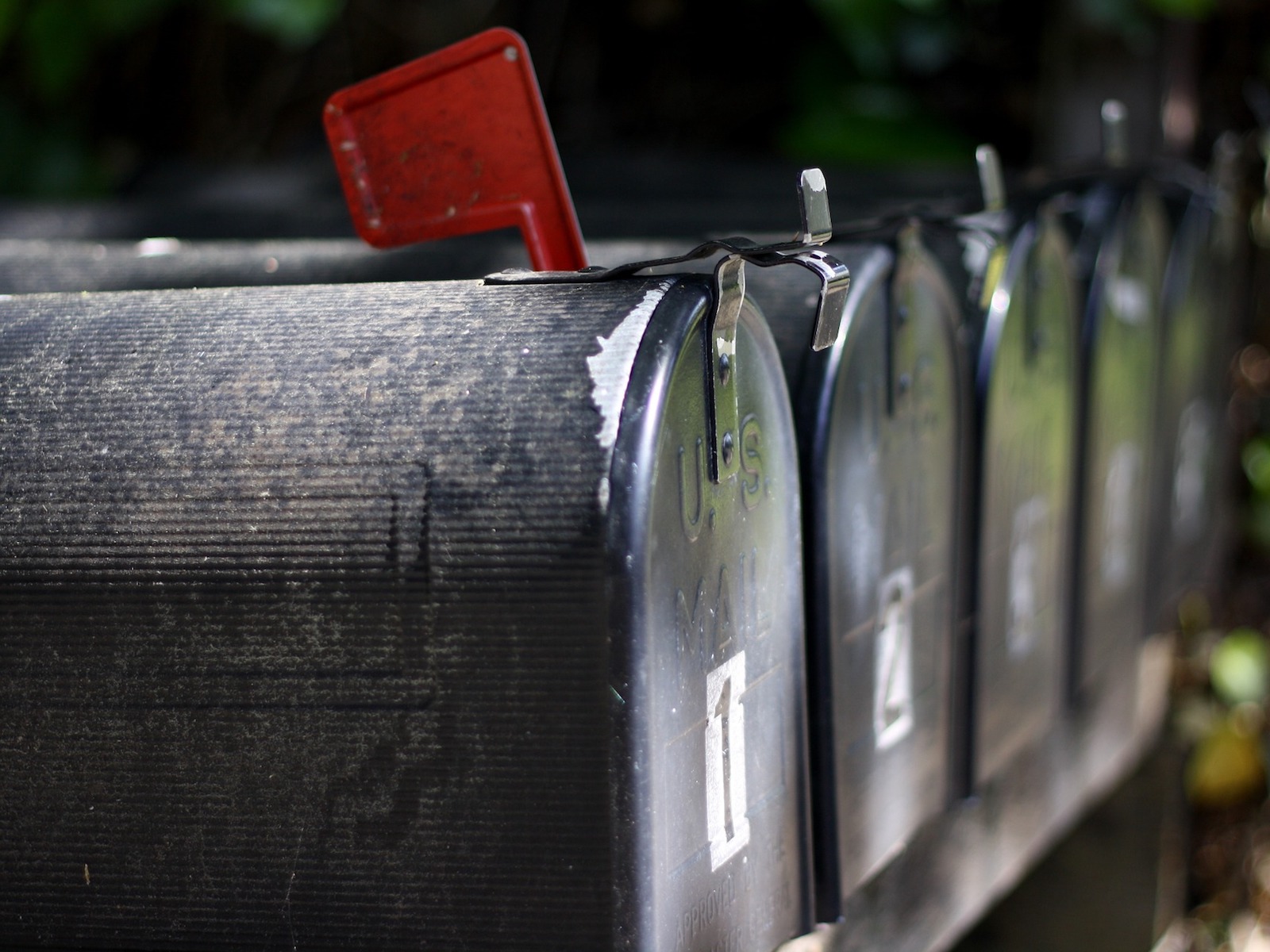
Travel Hacking Overseas – How do I do it? Tips & Pointers
It’s no secret that the Points & Miles Game or “Travel Hacking” is simplest in the United States, so how do I manage to do it while living abroad? The U.S. has the best credit card offers with the most lucrative welcome offers, and these often are restricted to U.S. citizens and/or those living in the U.S., but a little effort makes it possible to keep travel hacking overseas, whether that’s a temporary or full-time move.
However, you can’t do it without some help.
How U.S. Citizens Living or Working Abroad Can Travel Hack Overseas
If you’re a U.S. citizen, you can still take advantage of these great welcome offers and earn points/miles into your same pre-existing accounts for hotels and airlines by using a U.S. address and your social security number when applying. Here are the things you’ll need.
Tools of the Trade
You will need the following to make this work:
A U.S. Address
Remember that I said you can’t do this alone? You’ll need a relative, trusted friend, or even a mail-receiving service to use as your address in the U.S. These applications are going to require a domestic address. A Google search returns tons of options for mail services for expats living abroad, which can be great for travel hacking overseas if you don’t have someone you know who will receive the mail for you.
My parents are retired and receive our credit cards, take pictures of them for us (so we can start using them online immediately), and then every few months or so we get a letter in the mail with the documents / credit cards we need. Check local laws; we live in Brazil, which counts credit cards under ‘documents’ in the mail, so things move through customs without an issue. Your situation could be different on credit cards depending on where you live.
A VPN
A VPN (Virtual Private Network) allows you to do many things, chief among them provide internet security and also change the location where websites think you’re browsing from. The latter is what we care about here. I personally use Private Internet Access, because they had a deal last year for $90 for 4 devices (that’s our 2 laptops and 2 phones) for a 3-year plan. There are many others to check out. When applying for cards, turn on your VPN and set your location to somewhere in the U.S. near the address you’re listing on the application.
Check out the latest Private Internet Access VPN special offer.
A Browser With Private or Incognito Mode
Private or Incognito mode in browsers like Chrome or Firefox can add an extra layer of protection to your application. Do I have any data points to suggest that my application from a computer outside the U.S. is more likely to be rejected? Nope. Do I want to avoid that possibility and try to get auto-approved? Yep. Set the VPN to look like you’re in the US and also use the private window on your browser. Also, Brazil is one of the top countries for credit card theft, so many financial sites won’t even let us visit them without using the VPN and incognito mode.
A U.S. ID Showing the Address You Use on Applications
This one might be tougher for some people, but it was easy for me. Your situation could differ, but my wife and I registered to vote with my parents’ address, and we have driver’s licenses matching that address. Why does this matter? If a bank asks you to do identity verification of some kind, it could be a problem if you’re sending an ID from Iowa and using an application address from Massachusetts. You want your application to look just like a normal person applying for a credit card. Banks flag applications for security risks, especially if it looks like a possible stolen identity. Documents, addresses, and information that don’t match won’t help you here. If you’re using a mail service and not the address of someone you know, this step might be more difficult.
A U.S. Phone Number
This one has many great solutions, but none are perfect. Years ago, when living in Germany, I bought a Magic Jack number for $20 and still use the app on my phone. I have a U.S.-based number that can make & receive calls whenever my phone is connected to the internet, just using the app. It theoretically receives texts, but some of those automated systems don’t work so well with it (ex: I can never receive the codes from Chase, PayPal, or Bank of America). I know others who use Google phone services, but the point is that you want to be able to do recon calls and receive calls at the number on your application.
A U.S. Bank Account
Last I checked, none of the cards I have allow payments from a foreign bank or in a foreign currency. If you’re going to be paying your U.S. credit cards, it needs paid in US Dollars. You’re going to need either a bank account of your own or some way to give money to someone to pay the bills for you (the former seems much better).

Get the Cards
This is the final step after applying and getting approved (if you aren’t approved automatically, your mail location of choice will get a letter that you’ll follow up on, obviously). Get a picture of the front and back of your card as soon as possible and save it. You can start using it online immediately for paying bills, shopping, etc.
This is where travel hacking overseas obviously requires good time management and organization skills. The card might not be in your hand to use day-to-day at restaurants or the supermarket; if these places accept Apple Pay or Samsung Pay, that could help, but you’ll likely need to complete spending requirements on some cards before ever having them in your hands. Have a strategy for a card that you’ll use for in-person payments and a strategy for cards you won’t have in your hands soon. You can alter this strategy by how much you space out receiving cards from the U.S.
Given that having someone receive cards and send you pictures, etc. is a favor you’re receiving (unless you’re paying a mail service), I try to reduce the work by creating the mailing labels, and my parents just need to drop an envelope in the mailbox. I get cards in the mail from them every 3 months; I only adjust this if there’s a card we really need to get in our hands because of big spending requirements (like we did for the Amex Business Platinum) or if going on a trip and have already finished spend on everything in our hands.
Final Thoughts
Yes, you can still play the points & miles game from overseas, but it takes some extra steps. If you’re thinking of moving out of the U.S. (or even if you already have), this doesn’t mean the travel hacking hobby is over for you. It just takes some more organization and someone stateside to lend a hand. You may also need to alter your cards strategy. What cards do you want, how do you value you them, and what has no value to you? JetBlue and Southwest are almost meaningless to us, so we’ve never applied for those.
You’ll have to personalize for what works for you, what applies to your situation, and learn to use award travel websites as only a starting point. Nearly everything is catered towards people living in the U.S. — mostly those in the contiguous 48. Take the info and then see what works and doesn’t work for you. If you’ve been looking at a move out of the U.S., worrying that you’re giving up those free hotels and free flights isn’t an issue. Travel hacking overseas has been working for us for over 2 years now.





I’ve been using ExpressVPN to change my IP. They have a lot of servers in the US (and Asia), and I’ve been trying to see if I can find cheaper deals.
What about paying the credit card bills? Of course one has to calculate if the conversion works if you are not earning income in USD. What would you recommend if someone isn’t earning income USD and would like to continue the game?
That’s a valid question. I have an online job that still pays me in USD into a US bank account that I use online to pay the bills. I’m pretty sure all US-based credit cards need a US-based bank account to pay the bill. That might require some extra steps for you.
Same hear. I am in Germany anyplace the game since 2009 remote.
Live in Thailand. In my experience, most credit card companies recognize mail forwarding service addresses. So, you will likely need an actual physical address in the US.
Ah, that’s a good data point. Thanks!
Thanks Ryan!
I’m in a similar position and have been contemplating google voice. its a hit or a miss. However, the issue like you truly mentioned in the ID requirement if you are using a mail service. No workaround there yet
Kako – if you never get asked to prove your identity, this might not matter. However, that’s obviously a big “what if” to rely on 🙂 I’m lucky to be able to have an ID card and register to vote at my parents’ address, so I have documents to use when banks come asking.
I’m in Mexico now and just applied for a Discover card. Did not use VPN or incognito. Was instantly approved.
Glad to hear it. Some of my advice comes from an abundance of caution. Obviously, it’s not meant to be a 1-size-fits-all.
Most credit card companies will ship the cards overseas for free after the original card was delivered in the US.
Mo – true, but constantly saying “lost my card, please send overseas” puts me in a spot where I worry about red flags. How many of these do banks see on a regular basis? What about the same customer doing it on every card he ever opens? Outlier data gets flagged for spam & fraud & stolen identity, etc. It’s theoretically doable; I avoid it for trying to not raise flags. Flying under the radar is important in this hobby 🙂